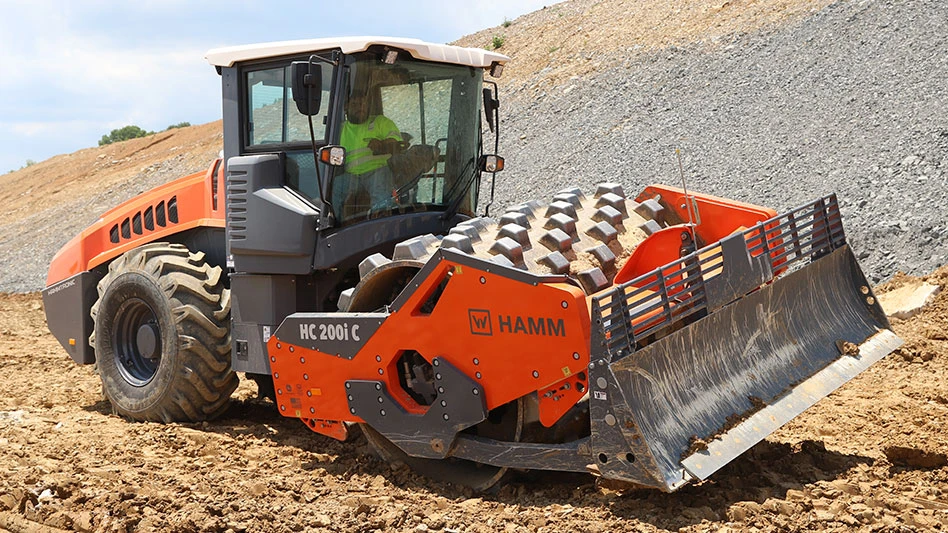
According to U.S. Census Bureau data, metro Nashville's population increased by more than 10 percent from 2010-19.
This expansion is reflected in the city’s bustling construction and demolition (C&D) markets. While this increased C&D activity portends healthy growth for Nashville, it has also resulted in an increase in recyclable materials getting sent to landfill.
According to Todd Lawrence, executive director of Urban Green Lab, a Nashville nonprofit focused on sustainability and waste reduction, 23 percent of area landfills are comprised of C&D material.
Sensing an opportunity, one local company has capitalized on this available feedstock to fuel its operations, News 4 Nashville reports.
Good Wood Nashville is a company that utilizes reclaimed wood from C&D projects around the city to construct things like new tables, floors, doors and walls. Good Wood Nashville founder and owner Dave Puncochar says that thanks to this available inventory, roughly 70 percent of the company’s 500 projects it completes annually are done with recycled or reclaimed wood.
Besides allowing the company to be environmentally responsible by helping it divert material destined for landfills, Puncochar says utilizing reclaimed wood makes sense from a business perspective.
“I call [the company] Good Wood because of the old moniker, ‘They don’t make it like they used to.’ The whole thing is, the old stuff is the good stuff,” Puncochar explains.
In 2019, Nashville’s Solid Waste Region Board passed a zero-waste plan to help improve the city’s recycling rates; however, no regulations or initiatives specific to improving C&D recycling rates have been enacted.
“We really don’t have those [regulations] in place, and as a result, we have more buildings coming up and fewer options for recycling,” Lawrence says.
While many contractors may opt to landfill material because it is an expeditious way to manage C&D byproducts, Puncochar says finding more sustainable outlets can make sense from a bottom line perspective.
“If you’re going to pay $600 per dumpster, why not shave a couple dumpsters off the project and work with a company like Good Wood Nashville and say, ‘Hey, can you help us reclaim some of this?’” Puncochar says.
Latest from Construction & Demolition Recycling
- New York landfill owners accused of permit violations
- Biden-Harris administration touts clean construction materials progress
- Stellar debuts NXT68 hooklift at WasteExpo
- Ineos says Belgian PVC recycling lines now operating
- Metso now offers diesel-electric Lokotrack models
- Green Mattress Recycling hires new CEO
- Collapsed Baltimore bridge brought down with chain of explosives
- Volvo CE broadens services commitment with minority stake in fleet software developer





